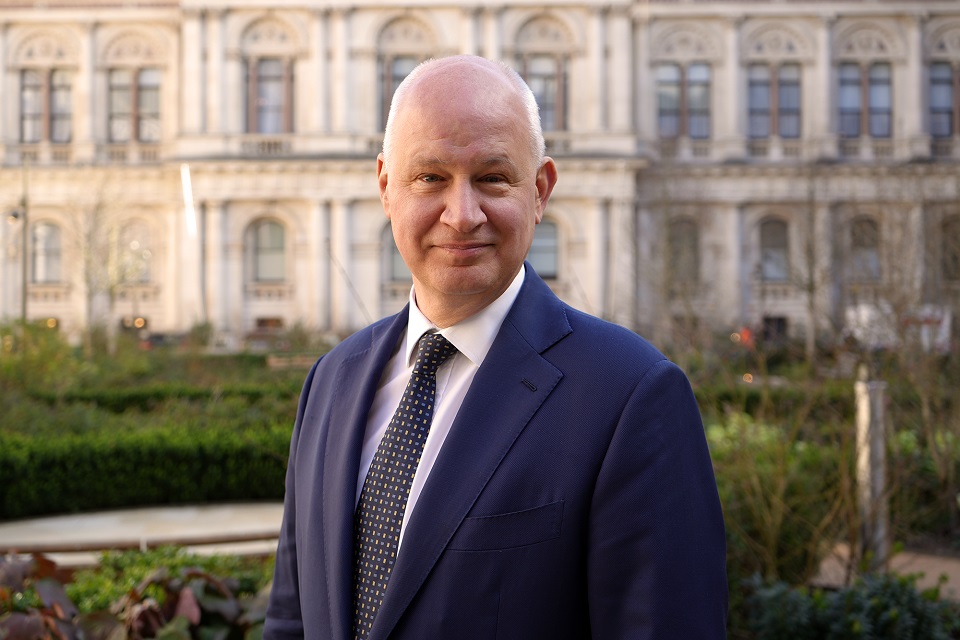93nd session of the Executive Council of the OPCW
Statement by Ambassador Peter Wilson, Permanent Representative of the United Kingdom of Great Britain and Northern Ireland to the Organisation for the Prohibition of Chemical Weapons (OPCW).

Thank you Chair. The UK agrees with the statement made by the Croatian Ambassador on behalf of the EU.
It is almost exactly two years since the UK suffered a chemical weapon attack in Salisbury. As part of our collective response to this flagrant breach of the Convention, we agreed at the November Conference of States Parties to list the agent used in that attack on the Chemical Weapons Convention schedules. This was an important step, and a testament to the relevance of the CWC and of this organisation.
There is still more work to do. The use of chemical weapons in Syria remains a significant threat. Once again, the Council has been presented with a report that demonstrates Syria has made no progress in resolving the outstanding inconsistencies in their declaration. Discrepancies and gaps remained unexplained. This is serious and it is unacceptable. Syria has failed to show that they have fully declared and destroyed their chemical weapons programme.
We expect in the coming weeks to receive the first report of the Investigation and Identification Team, which is a key element in ensuring that those who use chemical weapons cannot do so with impunity. We recognise and welcome the professionalism with which the IIT, DAT, and FFM conduct their important work in often very challenging circumstances.
The Director-General’s briefing on 6 February once again clearly set out the high standards involved in the Technical Secretariat’s work. I’d like to thank the Director-General for this comprehensive briefing on the independent investigation into the leaking of confidential information. This is an important issue for all States Parties and we welcome the thoroughness of the investigation and its clear findings. States Parties should support the OPCW against unwarranted and unfounded attacks on its integrity and its professionalism.
Mr Chair,
I would also like to take this opportunity to thank Ambassadors Puja and Gomez for their report and their sterling work in taking forward the facilitations on organisational governance issues. There have been some really positive and constructive exchanges and ideas. We clearly have some areas of common agreement – for example on the drive for increased geographical diversity and gender balance within the Technical Secretariat. I hope this is something we can all support.
On the subject of organisational issues, I will also just make a plea for all States Parties to pay their assessed contributions in good time. At the end of last year only 92% of payments had been received, down 4% on the previous year. We all have a responsibility to meet our commitments in support of the organisation. Timely payment of assessed contributions is essential for a sound financial footing and to ensure the Technical Secretariat can continue to do their work effectively.
Finally, I am pleased to announce that the United Kingdom will provide over £1 million over the next 12 months in voluntary contributions to OPCW programmes and work streams. This follows our commitment of £1.1 million during the last year which has been used to support Article Ten activity in East and West Africa as part of the Africa Programme; capacity building for laboratories in South America and Africa, support for the IIT and a substantial donation to the ChemTech Centre project. We look forward to working with the Technical Secretariat on programming across regional groups over the coming months.
Thank you Chair.